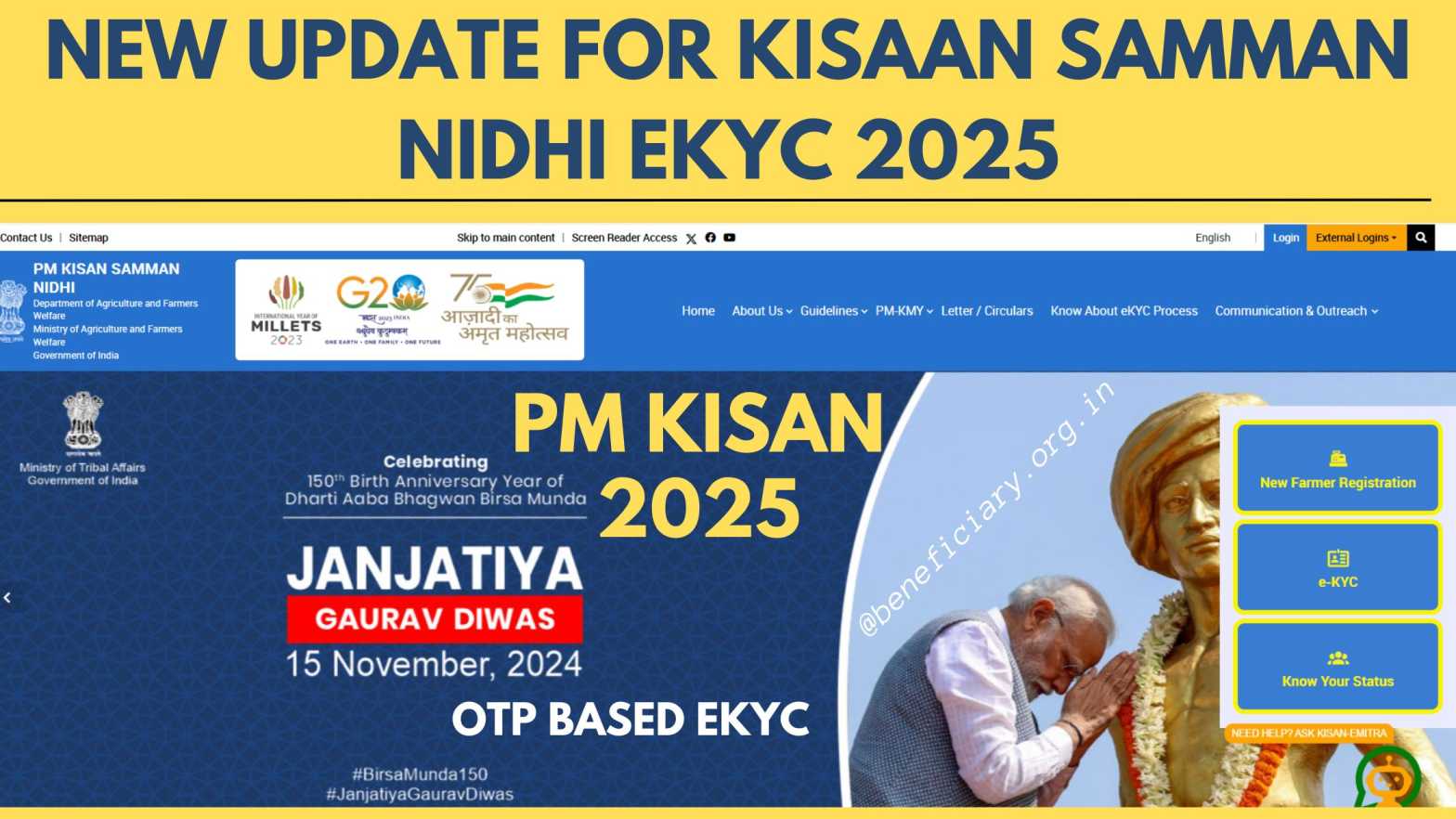Rights and Liabilities of Beneficiary Under the Indian Trust Act,1882

The Indian Trust Act, 1882 plays a significant role in regulating the relationship between trustees and beneficiaries. It outlines the rights, duties, and liabilities of all parties involved in a trust. As a beneficiary under this Act, understanding your rights and liabilities is crucial to safeguard your inheritance and ensure that the trust is managed properly. In this article, we will explore the rights and liabilities of a beneficiary under the Indian Trust Act, 1882, providing you with a detailed and comprehensive overview.
What is a Trust Under the Indian Trust Act, 1882?
Before diving into the rights and liabilities, let’s first understand what a trust is. Under Section 3 of the Indian Trust Act, 1882, a trust is defined as an obligation attached to the ownership of property, requiring the owner to hold and manage the property for the benefit of another person (the beneficiary). A trust can be created voluntarily by a person (the settlor) and can be either public or private.
Rights of a Beneficiary Under the Indian Trust Act, 1882
A beneficiary is the person who receives the benefit of the trust. The Indian Trust Act provides various rights to the beneficiaries, ensuring that they can enforce their interests and ensure that their rights are protected. Some of the key rights of a beneficiary include:
1. Right to Receive the Benefits of the Trust
The most important right of a beneficiary is the right to receive the benefits as specified in the trust deed. Whether it’s a share of income, property, or any other benefit, the beneficiary is entitled to these as per the terms laid out in the trust.
2. Right to Information
A beneficiary has the right to request and receive information about the trust. This includes details regarding the management of the trust, the assets, liabilities, and the actions of the trustee. The trustee is legally obligated to provide this information upon request.
3. Right to Inspect Trust Accounts
Under the Indian Trust Act, beneficiaries have the right to inspect the trust accounts to ensure that the assets are being properly managed. If the trust involves money or property, the beneficiary can request a detailed report of income and expenses.
4. Right to Demand Proper Management
If a beneficiary believes that the trust is not being managed properly, they have the right to ask for proper management. A beneficiary can even take legal action against the trustee for mismanagement or failure to act in the best interests of the trust.
5. Right to Challenge the Trustee’s Decisions
A beneficiary can challenge decisions made by the trustee that violate the trust terms or are not in their best interest. This right allows the beneficiary to go to court if the trustee’s actions are detrimental to the trust.
6. Right to Ask for an Accounting
If a beneficiary suspects that the trustee is mismanaging the assets, they can ask for an accounting. This means that the trustee will have to provide a detailed statement of all actions taken with regard to the trust’s assets and income.
7. Right to Receive a Share of the Trust Property
If the trust involves property, beneficiaries have the right to receive their share according to the terms set out in the trust deed. This right extends to both real and personal property.

Liabilities of a Beneficiary Under the Indian Trust Act, 1882
While beneficiaries enjoy certain rights, they also have certain responsibilities and liabilities under the Indian Trust Act, 1882. These liabilities ensure that the beneficiary does not misuse or cause harm to the trust or its assets. Let’s look at some of the main liabilities:
1. Tax Liabilities
A beneficiary may be required to pay taxes on the income or assets received from the trust. This could include income tax, capital gains tax, or inheritance tax. It’s essential to be aware of these potential tax obligations to avoid any legal complications.
2. Liability for Debts of the Trust
In certain cases, if the trust has incurred debts, the beneficiary may be required to pay these debts using their share of the assets. However, this liability is limited to the value of the property they inherit.
3. Liability for Misuse of Trust Property
If a beneficiary uses trust property in an improper manner or outside the scope of the trust, they may be held liable for the misuse. For example, using trust assets for personal gains or violating the terms of the trust deed can result in legal consequences.
4. Responsibility for Proper Management
Although the trustee is primarily responsible for the management of the trust, beneficiaries may also have a responsibility to ensure that the trust is being managed in accordance with its terms. If they have reason to believe the trustee is acting improperly, they must take necessary actions to address the situation.
5. Fiduciary Responsibility
A beneficiary has a fiduciary responsibility to act in the best interest of the trust. This means they should not engage in actions that would harm the trust’s purpose or its assets. If they are involved in the decision-making process, they must always act in good faith.
indian trust act 1882 pdf Download

Rights and Liabilities of Beneficiaries Under the Indian Trust Act, 1882
| Category | Rights | Liabilities |
|---|---|---|
| 1. Right to Receive Benefits | Beneficiaries are entitled to receive benefits as per the trust deed (property, income, etc.). | Beneficiaries must ensure they use the trust benefits in accordance with the trust’s terms. |
| 2. Right to Information | Beneficiaries have the right to request information on trust management, accounts, and activities. | Failure to comply with information requests can result in legal consequences for the trustee. |
| 3. Right to Inspect Trust Accounts | Beneficiaries can inspect the trust’s financial records to ensure transparency. | Beneficiaries should ensure the proper management of the trust funds and report any misuse. |
| 4. Right to Challenge Trustee’s Actions | A beneficiary can challenge actions of the trustee if they believe the trustee is mismanaging the trust. | If a beneficiary challenges the trustee without valid reason, they may face legal costs or be seen as misusing the trust. |
| 5. Right to Demand Proper Management | Beneficiaries can demand that the trust is managed properly and according to the trust terms. | Beneficiaries must act responsibly in ensuring proper management and avoiding misuse of trust assets. |
| 6. Right to Receive a Share of the Trust Property | Beneficiaries are entitled to their share of the trust property. | If the beneficiary receives more than their entitled share, they may be liable to return the excess amount. |
| 7. Tax Liabilities | Beneficiaries may have to pay taxes on the assets or income they receive from the trust. | Beneficiaries must comply with applicable taxes, including inheritance tax, income tax, and capital gains tax. |
| 8. Liability for Debts of the Trust | Generally, beneficiaries are not liable for the trust’s debts unless the assets received are insufficient to cover them. | If the trust has debts, beneficiaries may have to contribute, but only up to the value of their share. |
| 9. Fiduciary Responsibility | Beneficiaries must act in good faith and preserve the trust’s purpose and assets. | Misuse or abuse of trust assets by the beneficiary can result in legal action. |
| 10. Responsibility for Proper Management | Beneficiaries have the right to ask the trustee to properly manage the trust assets. | A beneficiary must take action if they believe the trustee is acting improperly, but doing so without a valid reason may result in unnecessary disputes. |
Rights and Liabilities of Beneficiary Full Details Watch Video

FAQs on Rights and Liabilities of Beneficiary Under the Indian Trust Act, 1882
1. What is the role of a beneficiary in a trust?
The role of a beneficiary is to receive the benefits of the trust, as per the trust’s terms. The beneficiary’s rights include receiving income, property, or other benefits specified by the trust deed.
2. Can a beneficiary challenge the trustee’s actions?
Yes, a beneficiary has the right to challenge the trustee’s actions if they believe the trustee is mismanaging the trust, violating the trust’s terms, or acting in bad faith.
3. What happens if a beneficiary doesn’t receive their share of the trust?
If a beneficiary is not receiving their share of the trust, they can take legal action to enforce their rights. They can file a suit in court to ensure that the trustee is fulfilling their obligations.
4. What are the tax liabilities of a beneficiary?
A beneficiary may be required to pay taxes on any income, assets, or property received from the trust. The tax liabilities depend on the nature of the assets and the beneficiary’s personal tax situation.
5. Can a beneficiary be held liable for the debts of the trust?
Yes, a beneficiary may be liable for the debts of the trust, but only to the extent of their share in the trust property. This liability is subject to the value of the trust assets.
Conclusion
The Indian Trust Act, 1882 lays down clear guidelines about the rights and liabilities of beneficiaries. Understanding these aspects ensures that beneficiaries can effectively claim their share of the trust, ensure proper management, and avoid any legal disputes. The rights and liabilities of beneficiaries are designed to protect both the trust and the individuals benefiting from it. Whether you’re a beneficiary under a trust or someone considering creating a trust, knowing your legal standing is essential.
By adhering to the Indian Trust Act, 1882, both trustees and beneficiaries can maintain a transparent, lawful relationship, ensuring that the intent of the trust is fulfilled effectively.

